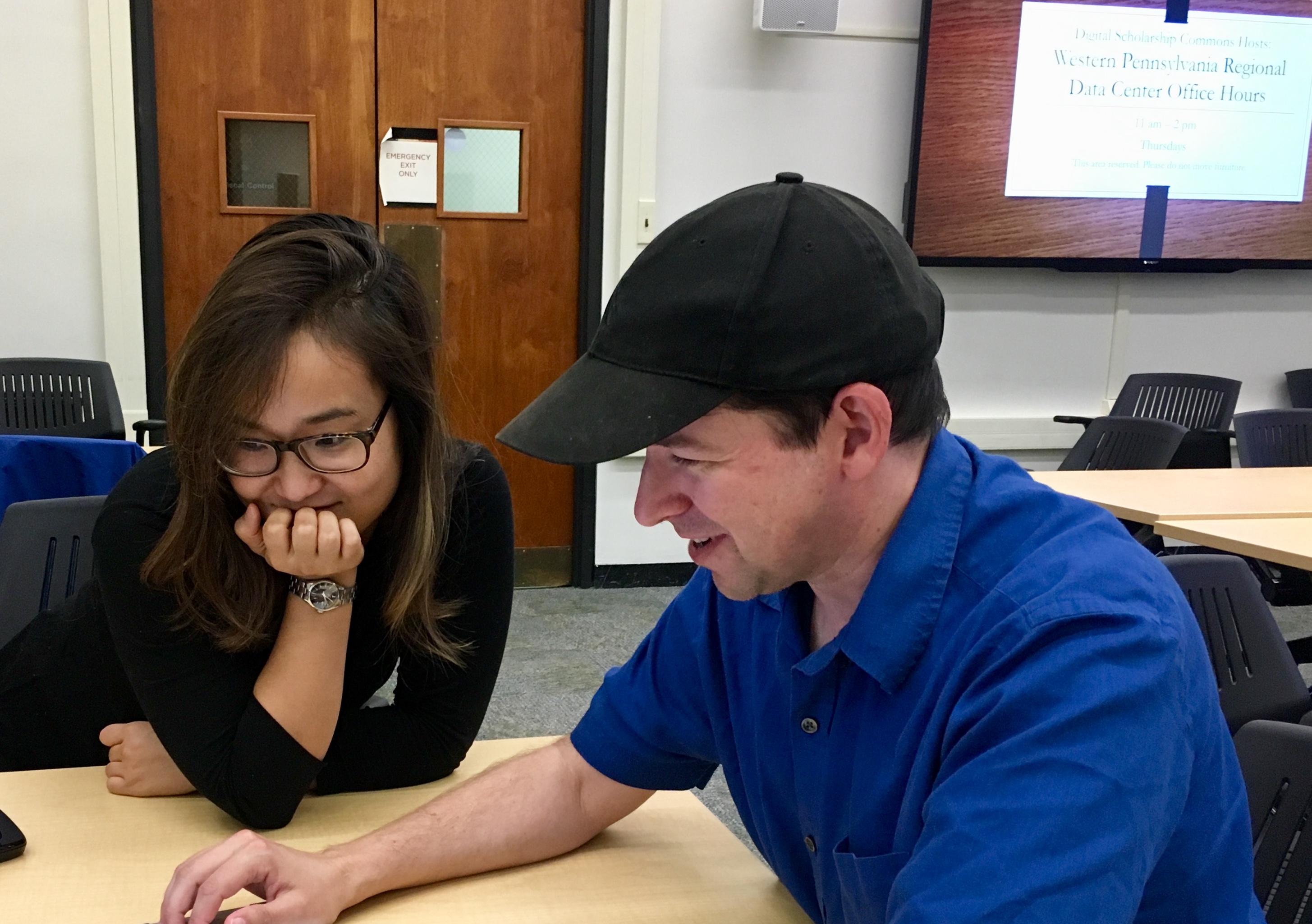As a policy student at University of Pennsylvania, I was familiar with the pedagogy of public-private partnerships and civic technology. I sought the opportunity to learn about it firsthand from Microsoft, a company that I identified as being uniquely thoughtful in its approach to community engagement. I joined Cathy Wissink, former Director of Civic Engagement and Technology, in Pittsburgh this summer as a fellow. If you read no further, know that I’ve been surprised and inspired by the depth of the team’s thoughtfulness and commitment to the communities they serve.
The fourth industrial revolution is defined by individual, government, and industry’s fundamental reevaluation of the value of data. This era is also characterized by the democratization of this largess through open data, which is digital data that can be accessed and used by anyone. The applied nature of the degree I am seeking led me to the belief that open data is the magic bullet that can help government at the local, state, and federal level do the following:
- Share knowledge in both directions with citizens
- Increase transparency
- Maximize lean resources and institutional bandwidth
I was connected with a close partner organization that provides precisely this kind of infrastructure for open data in Southwestern Pennsylvania. Bob Gradeck leads the team at Western Pennsylvania Regional Data Center (WPRDC) and has served the community for decades as a leader in technology-based economic development. I had the opportunity to sit alongside his lean, mean, data team for the past three months and learn about the tireless process of synthesizing data available for public use; they processed everything from 311 calls to Census demographics.
I was charged with a project of my own – analyzing Pittsburgh housing data to identify any meaningful, surprising, or alarming trends. Armed with Allan Mallach’s framework for analyzing housing markets, The Divided Cities, WPRDC’s Property Sales Transactions and Property Assessment Parcel datasets and the Urban Redevelopment Authority’s Market Value Analysis, I sought to look at the housing market strength in different Pittsburgh neighborhoods. I was interested in the nature of sales and types of transactions, sale prices by transaction types, and sale prices over time. I was challenged to apply my limited familiarity with R, the programming language, as the primary tool to clean and synthesize these datasets, run regressions, and create visualizations like heat maps. The WPRDC team’s enthusiasm and passion for the work was critical at more than one juncture when programming related frustration hit, and the encouragement they shared with me was something they actively extend to the public through their office hours across the city (David Walker and myself pictured above at the University of Pittsburgh Hillman Library rubber-ducking session).
The ultimate takeaway from these months was a reinvigorated commitment to the provision of open and secure data, the power of parallelizing work across spheres, and everyone’s stake in thoughtful convening and coalition-building (look at Microsoft’s support of open data in various cities: Chicago, Cleveland, Boston). I’ll be in Pittsburgh through December and continuing with my research for the Microsoft Cities Team, in addition to supporting their work nationally. Reach out to me at [email protected] for all things civic tech, data, and social innovation!

